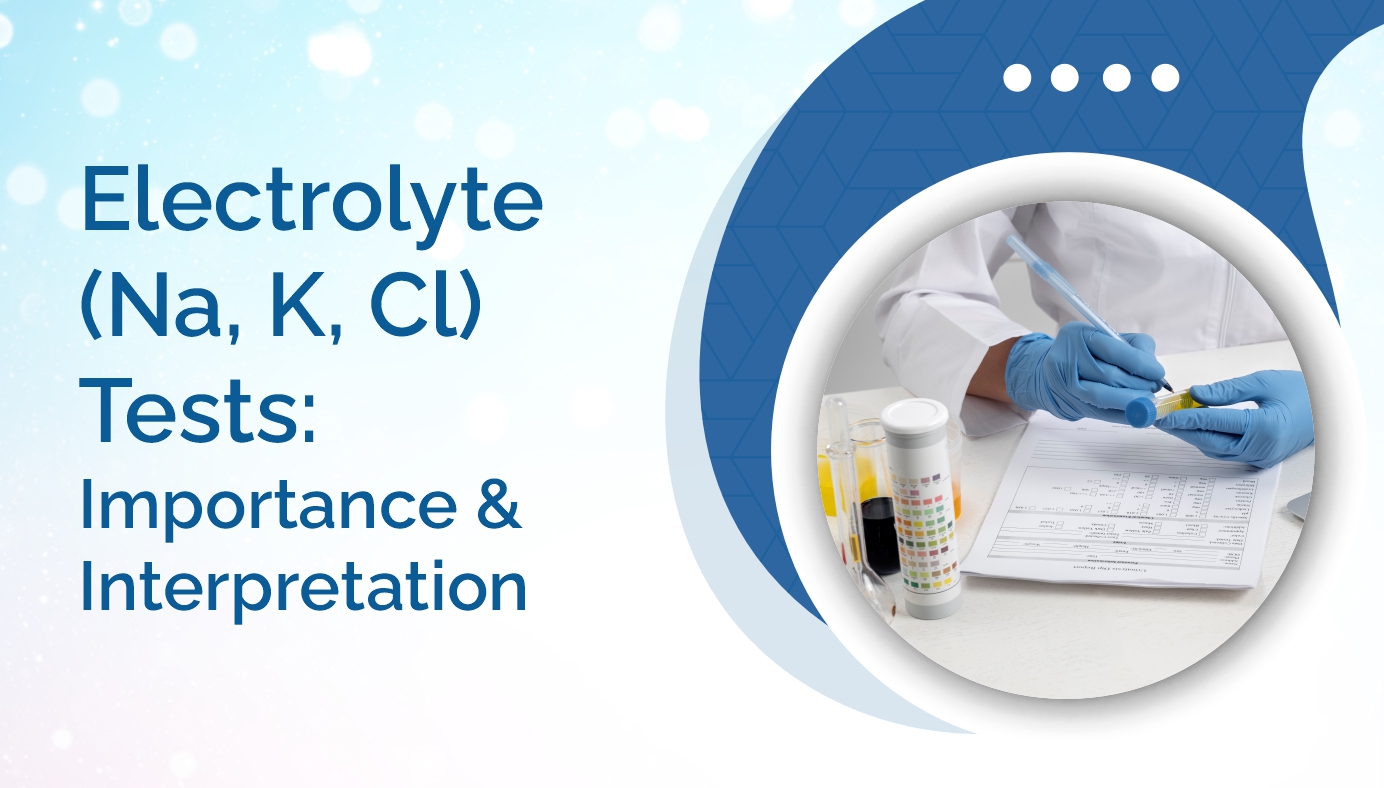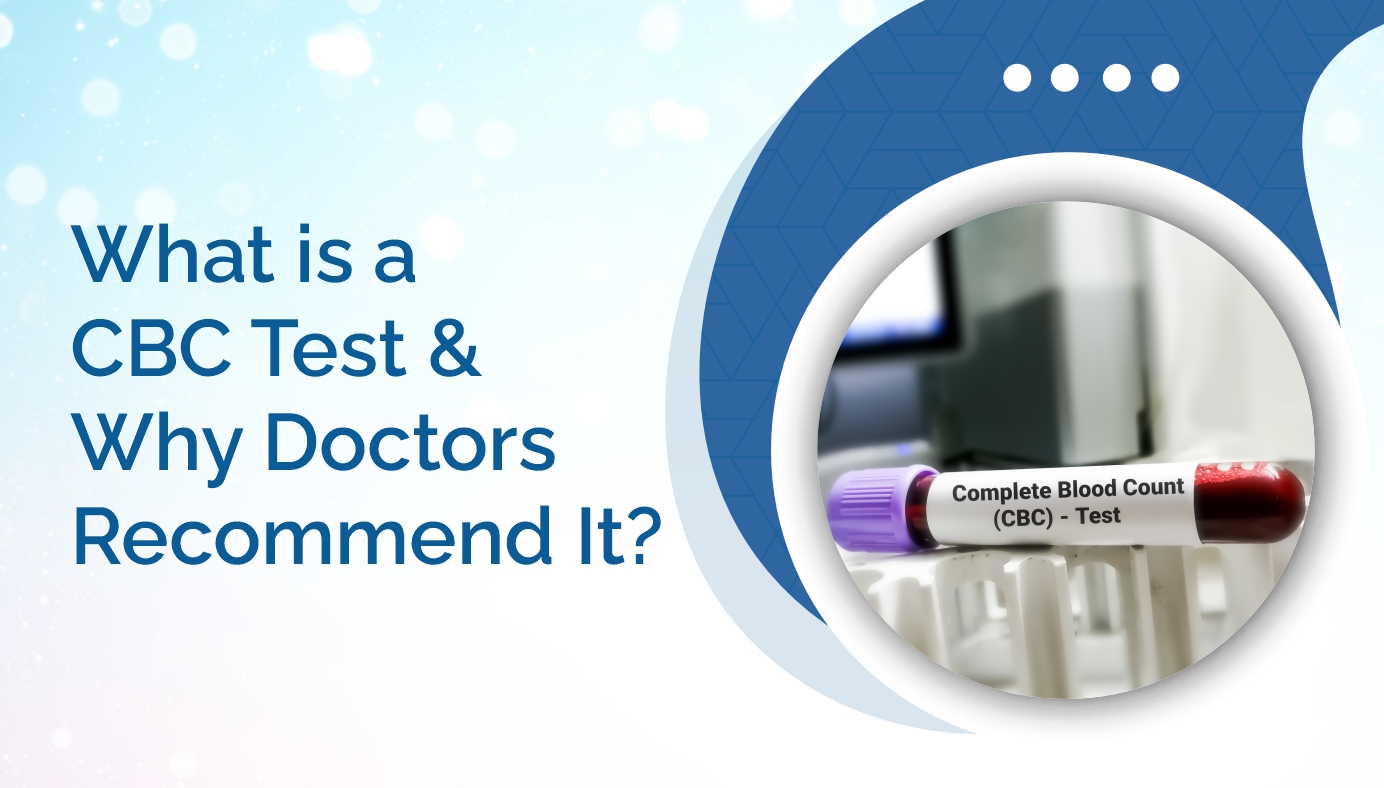


Condition
- Lifestyle Packages
- Lifestyle Packages
- Diabetes
- Diabetes
- Top tests
- Lifestyle Packages
- Top tests
- Top tests
- Lifestyle Packages
- Top tests
- Top tests
- Top tests
- Lifestyle Packages
- Infectious
- Preventive Health Checkup
- Diabetes
- Diabetes
- Preventive Health Checkup
- Top tests
- Top tests
- Heart Disease & Hypertension
- Lifestyle Packages
- Preventive Health Checkup
- Diabetes
- Diabetes
- Preventive Health Checkup
- Preventive Health Checkup
- Top tests
- Lifestyle Packages
- Diabetes
- Preventive Health Checkup
- Top tests
- Lifestyle Packages
- Diabetes
- Diabetes
- Diabetes
- Diabetes
- Diabetes
- Diabetes
- Preventive Health Checkup
- Preventive Health Checkup
- Diabetes
- Preventive Health Checkup
- Preventive Health Checkup
- Genomics
- Others
- Others
- Others
- Preventive Health Checkup
- Pulmonary / Infectious
- Diabetes
- Diabetes
- Others
- Preventive Health Checkup
- Others
- Preventive Health Checkup
- Top tests
- Others
- Genetics
- Others
- Gastrointestinal / Skeletomuscular
- Gastrointestinal / Skeletomuscular
- Others
- Others
- Others
- Others
- Others
- Others
- Others
- Others
- Others
- Others
- Others
- Others
- Others
- Others
- Others
- Others
- Others
- Others
- Others
- Others
- Others
- Others
- Others
- Others
- Others
- Others
- Others
- Others
- Others
- Others
- Others
- Others
- Others
- Others
- Others
- Others
- Others
- Others
- Others
- Others
- Others
- Others
- Others
- Others
- Others
- Others
- Others
- Others
- Others
- Others
- Others
- Others
- Others
- Others
- Others
- Others
- Others
- Others
- Others
- Others
- Others
- Others
- Others
- Others
- Others
- Others
- Top tests
- Top tests
- Top tests
- Top tests
- Top tests
- Top tests
- Top tests
- Top tests
- Top tests
- Preventive Health Checkup
- Top tests
- Top tests
- Top tests
- Top tests
- Blood Banking & Transfusion
- Lifestyle Packages
- Blood Banking & Transfusion
- Blood Banking & Transfusion
- Top tests
- Top tests
- Lifestyle Packages
- Diabetes
- Blood Banking & Transfusion
- Blood Banking & Transfusion
- Blood Banking & Transfusion
- Blood Banking & Transfusion
- Blood Banking & Transfusion
- Others
- Others
- Others
- Others
- Blood Banking & Transfusion
- Blood Banking & Transfusion
- Blood Banking & Transfusion
- Blood Banking & Transfusion
- Vitamin Deficiency
- Vitamin Deficiency
- Vitamin Deficiency
- Vitamin Deficiency
- Vitamin Deficiency
- Blood Banking & Transfusion
- Blood Banking & Transfusion
- Blood Banking & Transfusion
- Blood Banking & Transfusion
- Diabetes
- Diabetes
- Heart Disease & Hypertension
- Preventive Health Checkup
- Diabetes
- Preventive Health Checkup
- Preventive Health Checkup
- Diabetes
- Diabetes
- Heart Disease & Hypertension
- Top tests
- Heart Disease & Hypertension
- Diabetes
- Top tests
- Diabetes
- Heart Disease & Hypertension
- Lifestyle Packages
- Heart Disease & Hypertension
- Lifestyle Packages
- Heart Disease & Hypertension
- Heart Disease & Hypertension
- Lifestyle Packages
- Preventive Health Checkup
- Preventive Health Checkup
- Top tests
- Preventive Health Checkup
- Heart Disease & Hypertension
- Heart Disease & Hypertension
- Heart Disease & Hypertension
- Top tests
- Top tests
- Lifestyle Packages
- Heart Disease & Hypertension
- Heart Disease & Hypertension
- Top tests
- Heart Disease & Hypertension
- Preventive Health Checkup
- Diabetes
- Lifestyle Packages
- Heart Disease & Hypertension
- Top tests
- Heart Disease & Hypertension
- Heart Disease & Hypertension
- Diabetes
- Lifestyle Packages
- Preventive Health Checkup
- Diabetes
- Top tests
- Diabetes
- Allergy
- Heart Disease & Hypertension
- Diabetes
- Heart Disease & Hypertension
- Diabetes
- Lifestyle Packages
- Lifestyle Packages
- Top tests
- Preventive Health Checkup
- Lifestyle Packages
- Preventive Health Checkup
- Preventive Health Checkup
- Diabetes
- Top tests
- Heart Disease & Hypertension
- Preventive Health Checkup
- Top tests
- Heart Disease & Hypertension
- Lifestyle Packages
- Lifestyle Packages
- Diabetes
- Preventive Health Checkup
- Top tests
- Diabetes
- Top tests
- Preventive Health Checkup
- Preventive Health Checkup
- Preventive Health Checkup
- Diabetes
- Lifestyle Packages
- Lifestyle Packages
- Heart Disease & Hypertension
- Lifestyle Packages
- Heart Disease & Hypertension
- Lifestyle Packages
- Preventive Health Checkup
- Preventive Health Checkup
- Preventive Health Checkup
- Lifestyle Packages
- Top tests
- Lifestyle Packages
- Top tests
- Lifestyle Packages
- Top tests
- Diabetes
- Diabetes
- Others
- Blood Disorders
- Top tests
- Others
- Others
- Others
- Fever
- Fever
- Blood Disorders
- Blood Disorders
- Preventive Health Checkup
- Preventive Health Checkup
- Profile
- Kidney Disease
- Kidney Disease
- Diabetes
- Diabetes
- Heart Disease & Hypertension
- Preventive Health Checkup
- Lifestyle Packages
- Thyroid Disorder
- Diabetes
- Diabetes
- Diabetes
- Diabetes
- Diabetes
- Diabetes
- Diabetes
- Top tests
- Allergy
- Top tests
- Top tests
- Top tests
- Top tests
- Diabetes
- Top tests
- Diabetes
- Top tests
- Top tests
- Top tests
- Liver Disease
- Diabetes
- Top tests
- Vitamin Deficiency
- Top tests
- Top tests
- Liver Disease
- Top tests
- Top tests
- Top tests
- Anemia
- Anemia
- Anemia
- Diabetes
- Diabetes
- Anemia
- Top tests
- Top tests
- Top tests
- Preventive Health Checkup
- Thyroid Disorder
- Heart Disease & Hypertension
- Top tests
- Preventive Health Checkup
- Diabetes
- Heart Disease & Hypertension
- Top tests
- Fever
- Allergy
- Liver Disease
- Lifestyle Packages
- Heart Disease & Hypertension
- Top tests
- Arthritis
- Top tests
- Top tests
- Heart Disease & Hypertension
- Kidney Disease
- Preventive Health Checkup
- Allergy
- Top tests
- Lifestyle Packages
- Top tests
- Kidney Disease
- Top tests
- Lifestyle Packages
- Top tests
- Preventive Health Checkup
- Preventive Health Checkup
- Top tests
- Top tests
- Vitamin Deficiency
- Allergy
- Diabetes
- Top tests
- Top tests
- Top tests
- Top tests
- Heart Disease & Hypertension
- Allergy
- Top tests
- Preventive Health Checkup
- Top tests
- Top tests
- Infertility
- Top tests
- Lifestyle Packages
- Allergy
- Diabetes
- Heart Disease & Hypertension
- Lifestyle Packages
- Preventive Health Checkup
- Preventive Health Checkup
- Top tests
- Preventive Health Checkup
- Top tests
- Diabetes
- Top tests
- Infertility
- Top tests
- Thyroid Disorder
- Top tests
- Allergy
- Preventive Health Checkup
- Vitamin Deficiency
- Top tests
- Top tests
- Infertility
- Lifestyle Packages
- Diabetes
- Liver Disease
- Kidney Disease
- Vitamin Deficiency
- Top tests
- Heart Disease & Hypertension
- Heart Disease & Hypertension
- Top tests
- Heart Disease & Hypertension
- Heart Disease & Hypertension
- Heart Disease & Hypertension
- Infertility
- Heart Disease & Hypertension
- Vitamin Deficiency
- Vitamin Deficiency
- Arthritis
- Arthritis
- Top tests
- Top tests
- Lifestyle Packages
- Preventive Health Checkup
- Lifestyle Packages
- Preventive Health Checkup
- Vitamin Deficiency
- Top tests
- Lifestyle Packages
- Lifestyle Packages
- Preventive Health Checkup
- Top tests
- Preventive Health Checkup
- Top tests
- Heart Disease & Hypertension
- Infertility
- Top tests
- Top tests
- Preventive Health Checkup
- Lifestyle Packages
- Top tests
- PCOD
- Preventive Health Checkup
- Lifestyle Packages
- Preventive Health Checkup
- Top tests
- Fever
- PCOD
- Kidney Disease
- Top tests
- Top tests
- Preventive Health Checkup
- Preventive Health Checkup
- Liver Disease
- Thyroid Disorder
- Top tests
- Heart Disease & Hypertension
- PCOD
- Top tests
- Arthritis
- Preventive Health Checkup
- Kidney Disease
- Lifestyle Packages
- Top tests
- Allergy
- Top tests
- Top tests
- Diabetes
- Thyroid Disorder
- Preventive Health Checkup
- Top tests
- Lifestyle Packages
- Preventive Health Checkup
- Top tests
- Kidney Disease
- Liver Disease
- Infertility
- Top tests
- Anemia
- Top tests
- Top tests
- Top tests
- Preventive Health Checkup
- Bone Health
- Cancer
- Fatty Liver

Tests
Imagine waking up with a high fever, severe headache, and joint pain that makes every movement excruciating. These are some of the initial symptoms of dengue fever, a mosquito-borne viral infection that has become a significant health concern in many parts of the world. Understanding which blood test is done for dengue can be crucial in ensuring timely treatment and preventing complications.
Here, we will explore the importance of blood tests in diagnosing dengue fever, the different types of tests available, and why early detection is vital. Whether you are a concerned individual or someone looking to expand their knowledge on health matters, this will provide you with valuable insights.
What is Dengue Fever?
Dengue fever is caused by the dengue virus, which is transmitted to humans through the bites of infected female Aedes mosquitoes. The virus exists in four distinct serotypes, meaning a person can be infected up to four times during their lifetime. Dengue is prevalent in tropical and subtropical regions, affecting millions of people annually.
Symptoms to Watch Out For
The symptoms of dengue fever can range from mild to severe. Common signs include high fever, severe headache, pain behind the eyes, joint and muscle pain, rash, and mild bleeding. In severe cases, it can progress to dengue hemorrhagic fever or dengue shock syndrome, both of which can be life-threatening.
The Need for Accurate Diagnosis
Given the wide range of symptoms that can mimic other illnesses, accurate diagnosis is essential for appropriate treatment. This is where blood tests play a pivotal role. They help confirm the presence of the virus and guide healthcare providers in managing the disease effectively.
Types of Blood Tests for Dengue Fever
Dengue NS1 Antigen Test
The Dengue NS1 antigen test is one of the primary diagnostic tools used in the early stages of the infection. This test detects the presence of the NS1 protein, a non-structural protein produced by the dengue virus.
How It Works
The test is usually performed within the first few days of symptom onset. A blood sample is taken and analyzed for the NS1 antigen. If the antigen is present, it indicates an active dengue infection.
Benefits and Limitations
The main advantage of the NS1 antigen test is its ability to detect dengue early, often before the body has produced antibodies. However, its accuracy can decrease as the infection progresses, making it less reliable in the later stages.
Dengue IgM/IgG Antibody Test
Another crucial diagnostic tool is the Dengue IgM/IgG antibody test. This test detects the presence of antibodies that the body produces in response to the dengue virus.
How It Works
The IgM antibodies are the first to appear and can be detected within a few days of infection. The IgG antibodies appear later and remain in the body for an extended period, indicating past exposure.
Benefits and Limitations
This test is beneficial for identifying both current and past infections. However, it may not be as effective in the early stages of the disease when the antibodies have not yet formed.
Dengue PCR Test
The Polymerase Chain Reaction (PCR) test is a molecular diagnostic tool used to detect the genetic material of the dengue virus.
How It Works
A blood sample is collected and analyzed in the laboratory to identify the viral RNA. This test is highly specific and can confirm the presence of the dengue virus with great accuracy.
Benefits and Limitations
The PCR test is particularly useful for early diagnosis and can differentiate between the different serotypes of the virus. However, it requires specialized equipment and trained personnel, making it less accessible in some regions.
The Importance of Early Detection
Timely Treatment
Early detection of dengue fever is critical for timely intervention. Appropriate medical care can significantly reduce the risk of severe complications and improve the chances of recovery.
Preventing Complications
Early diagnosis helps in monitoring and managing the disease more effectively. It allows healthcare providers to take necessary precautions, such as fluid replacement and monitoring for signs of severe dengue.
Reducing Transmission
Identifying and isolating dengue cases early can help reduce the spread of the virus. Public health measures can be implemented to control mosquito populations and prevent further infections.
Interpreting Test Results
Positive Results
A positive result indicates the presence of the dengue virus or antibodies, confirming an active or past infection. Your healthcare provider will advise on the appropriate treatment and monitoring.
Negative Results
A negative result means that there is no evidence of a dengue infection. However, if symptoms persist, further testing may be necessary to rule out other illnesses.
Follow-Up Tests
In some cases, follow-up tests may be required to monitor the progression of the disease or confirm the initial results. Your healthcare provider will guide you on the need for additional testing.
Preventing Dengue Fever
Mosquito Control
Preventing mosquito bites is the most effective way to reduce the risk of dengue fever. Use insect repellent, wear long sleeves and pants, and use mosquito nets when sleeping.
Eliminating Breeding Sites
Mosquitoes that carry the dengue virus breed in stagnant water. Regularly empty and clean containers that collect water, such as flowerpots, buckets, and bird baths.
Community Efforts
Community-wide efforts are essential in controlling mosquito populations. Participate in local clean-up campaigns and educate others about the importance of preventing mosquito breeding.
Conclusion
Understanding which blood test is done for dengue is crucial in ensuring timely diagnosis and treatment. By knowing the different types of tests available and their benefits, you can make informed decisions about your health. Early detection, combined with appropriate medical care, can significantly reduce the risk of complications and improve outcomes.
If you suspect you have dengue fever, don't hesitate to seek medical attention. Early intervention can make all the difference.
WANT TO BOOK HEALTH CHECKUP ?
Categories
Lifestyle Packages
43
Diabetes
56
Top tests
111
Infectious
1
Preventive Health Checkup
59
Heart Disease & Hypertension
38
Genomics
1
Others
81
Pulmonary / Infectious
1
Genetics
1
Gastrointestinal / Skeletomuscular
2
Blood Banking & Transfusion
16
Vitamin Deficiency
12
Allergy
9
Blood Disorders
3
Fever
4
Profile
1
Kidney Disease
8
Thyroid Disorder
5
Liver Disease
6
Anemia
5
Arthritis
4
Infertility
6
PCOD
3
Bone Health
1
Cancer
1
Fatty Liver
1
Recent Blogs
Electrolyte (Na, K, Cl) Tests: Importance and Interpretation
The human body is a complex biological system that relies on a delicate balance of chemicals...
27-01-2026
What Is a CBC Test and Why Doctors Recommend It
A CBC is often the first step in diagnosing a broad spectrum of medical conditions, ranging...
27-01-2026
Signs Your Body Is Deficient in Essential Vitamins
The human body is a complex biological machine that requires a specific balance of nutrients...
27-01-2026







